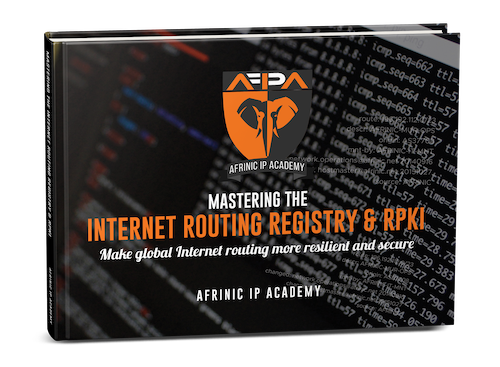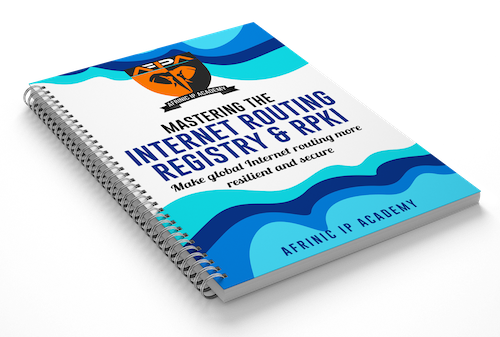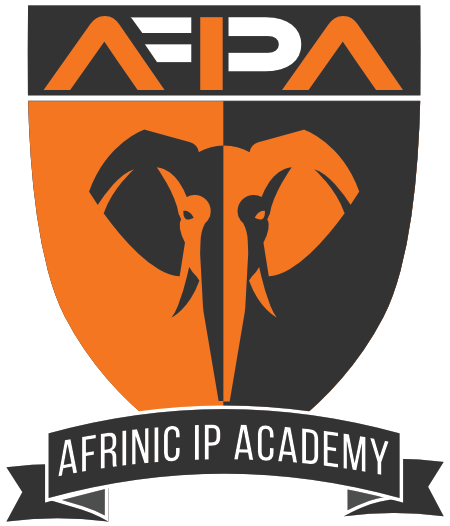Master the Routing Registry & RPKI
Master the skills to publish your routing policy, and automatically build and configure filtering policy on peering routers in a scalable manner.
WHAT YOU'LL GAIN FROM THIS WORKSHOP
1 | Filter

Prevent network problems due to accidental or malicious announcements
2 | Troubleshoot

Easily identify & troubleshoot routing problems outside your network
3 | Configure

Use various open source tools to automagically create router configurations for various platforms
WHAT YOU WILL LEARN
By the end of this workshop, you'll be able to
- Make a technical case and business case for IRR & RPKI
- Translate your routing policy into Routing Policy Specification Language
- Implement your routing policy in the AFRINIC routing registry
- Automagically configure routers from IRR
- Implement RPKI in your network
WHO CAN ATTEND?
Critical to handle peering & transit for. Typical titles:
- Peering coordinator
- IP Resource Manager
- Head of Networking
- IP Analyst
- Network Engineer
PRE-REQUISITES
To benefit from this, you must have the following skills:
- IP subnetting and VLSM
- Mastery of the Whois database
- Advanced IP routing with BGP
- Filtering in BGP (Access-lists, Prefix-lists etc)
- Unix regular expressions
DRAFT WORKSHOP OUTLINE
Session I
ADMINISTRIVIA
Set up ♦
Registration ♦
Materials distribution ♦
Openning ♦
Session I
Session II
THE IRR 101
♦ What is the Internet Routing Registry?
♦ The AFRINIC IRR
♦ Other global routing registries
Session III
MASTERING RPSL
RPSL objects ♦
Specifying routing policy in RPSL ♦
Examples of common RPSL policies ♦
Session III
Session IV
COMMON RPSL USE CASES
♦ Transit provider policies (ISP customer)
♦ Multi-home routing policies using community attribute
♦ Other use cases
Session V
TOOLS FOR USING THE IRR
Router configuration using RtConfig ♦
IRR Power Tools ♦
Querying the IRR ♦
Session V
Session VI
INTRODUCTION TO RPKI
♦ What problems RPKI solves
♦ Getting a certificate for your objects from AFRINIC
♦ Implementing RPKI
DOWNLOAD COURSEWARE




